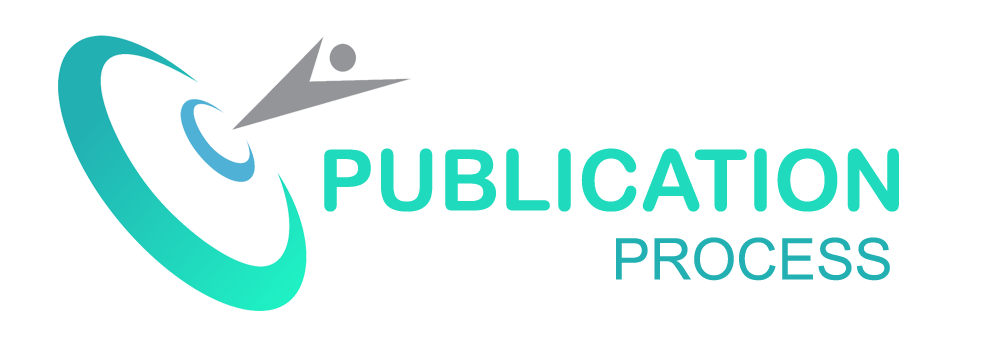PERANAN KESADARAN WAJIB PAJAK, SANKSI PAJAK, DAN PENERAPAN E-SAMSAT TERHADAP KEPATUHAN WAJIB PAJAK KENDARAAN BERMOTOR RODA DUA
DOI:
https://doi.org/10.36805/manajemen.v7i2.2280Abstract
ABSTRAK
Tujuan dari penelitian ini adalah memperoleh bukti pengaruh kesadaran wajib pajak, sanksi pajak, dan penerapan e-samsat terhadap kepatuhan wajib pajak kendaraan bermotor roda dua. Jumlah sampel yang digunakan dalam penelitian ini sebanyak 98 responden dengan penentuan sampel adalah metode accidental sampling. Pengumpulan data dilakukan dengan metode kuesioner. Terdapat beberapa metode penelitian yang digunakan untuk mencapai tujuan penelitian ini diantaranya adalah uji validitas, uji reliabilitas, analisis statistika deskriptif, uji asumsi klasik (uji normalitas, multikolinearitas, uji heteroskedastisitas dan uji autokorelasi), analisis linear berganda, uji koefisien determinasi dan uji hipotesis (uji F dan uji t). Hasil penelitian ini menunjukan bahwa secara bersama-sama kesadaran wajib pajak, sanksi pajak, dan penerapan e-samsat berpengaruh positif dan signifikan terhadap kepatuhan wajib pajak kendaraan bermotor roda dua di Kabupaten Kuningan.
Kata Kunci : Kesadaran Wajib Pajak, Sanksi Pajak, Penerapan E-Samsat, Kepatuhan Wajib Pajak.
Downloads
Downloads
Published
Issue
Section
License
Authors who publish in Jurnal Manajemen dan Bisnis Kreatif agree to the following terms:
- Authors retain copyright and grant the journal right of first publication with the work simultaneously licensed under a Attribution-ShareAlike 4.0 International (CC BY-SA 4.0) License that allows others to share the work with an acknowledgment of the work's authorship and initial publication in this journal.
- Authors are able to enter into separate, additional contractual arrangements for the non-exclusive distribution of the journal's published version of the work (e.g., post it to an institutional repository or publish it in a book), with an acknowledgment of its initial publication in this journal.
- Authors are permitted and encouraged to post their work online (e.g., in institutional repositories or on their website) prior to and during the submission process, as it can lead to productive exchanges, as well as earlier and greater citation of published work (See The Effect of Open Access).








